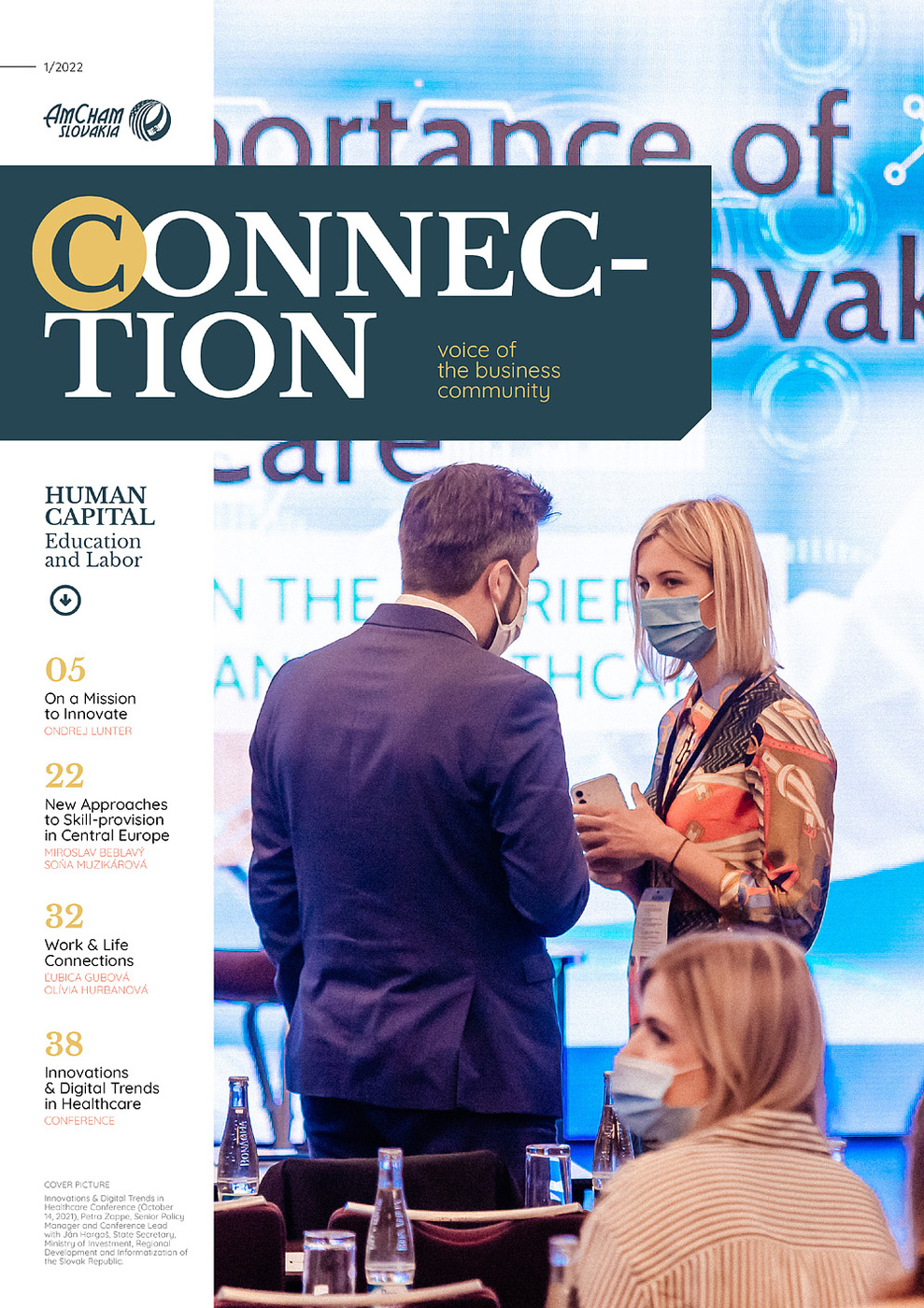Is the hype over mindfulness relevant? Does it still make sense or has the value of meditation deflated over time?
I asked myself these questions when I was asked to deliver a workshop on mindfulness for a global company. The request was to teach the techniques but do so without mentioning the word “mindfulness”, since people in the company were already “fed up with this word”. However, the need to be less reactive and take decisions from a balanced perspective was there. If these skills are still needed, what has gone wrong with mindfulness?
Let’s start from the beginning and look at what mindfulness is and why it has created such a hype in the corporate world.
What is mindfulness
Mindfulness can be described as present-focused consciousness, i.e. being fully present without worrying about the past or the future and paying attention to external or internal stimuli in an open and accepting way. This seems to be not only a superpower but also a crucial skill in today’s digital world when we are attacked with stimuli all the time.
Information overload and constant distraction have become a part of our lives in the past decade and mindfulness is a needed counterbalance. Moreover, mindfulness is especially useful in providing the ability to deal with uncertainty and thrive. Since the VUCA world (Volatile, Uncertain, Complex and Ambiguous) is a reality for most of us today, mindfulness skills have become essential for many people to be able to enjoy quality life. The worsening situation around mental health since the beginning of the pandemic is also alarming and mindfulness practice brings stress and anxiety reduction. For all these reasons the need simply seems to be here.
Mindfulness is a secular practice that combines ancient eastern wisdom with western psychology and research. Due to its proven results it has naturally taken its place in the corporate world as well.
In the past decade a growing number of companies have adopted mindfulness programs in their organizations. The trend started in Silicon Valley and mindfulness is offered by established companies across all industries as well as government bodies these days. More and more top executives meditate and encourage their employees to follow.
What are the benefits of mindfulness?
Neuroplasticity enables our brain to change and numerous research studies have proven the impact of mindfulness practice on our brain. Cognitive skills, like attention, focus, memory and decision making improve. Mindfulness impacts decision making by enabling us to step back and wisely see all aspects of a situation. The ability to focus attention enables better task performance and fewer errors.
 Mindfulness also supports creativity. The ability to step out of the automatic patterns increases out-of-the-box thinking and innovation. Moreover, mindfulness practice improves teamwork and social relationships by strengthening the attitudes of non-judgement, kindness and compassion. Probably the most visible benefits are the ability to deal with stress, emotion regulation and tension reduction. Other health benefits include better sleep quality, stronger immune system and reduced cell aging.
Mindfulness also supports creativity. The ability to step out of the automatic patterns increases out-of-the-box thinking and innovation. Moreover, mindfulness practice improves teamwork and social relationships by strengthening the attitudes of non-judgement, kindness and compassion. Probably the most visible benefits are the ability to deal with stress, emotion regulation and tension reduction. Other health benefits include better sleep quality, stronger immune system and reduced cell aging.
Why the antipathy in some people then?
Like many other great ideas, mindfulness is paying the price for too much popularity and low understanding of its true nature. While many companies implemented highly impactful mindfulness programs, others underestimated the depth and tried to implement a mindfulness initiative too fast with overselling its benefits. Lack of experienced teachers is another issue for what seems to be just a simple meditation practice has ancient wisdom and guidelines to follow. Above all, the practice has to be made safe for anyone to be able to adopt it. There is still little awareness about contraindications of the practice.
What is the way forward?
Although the hype has taken its toll, approaches based on expertise still work well and that’s why mindfulness has its essential place in many companies and research continues to prove its impact. Increasing awareness, bringing quality information about mindfulness and working with experts are crucial for the full enjoyment of all the benefits of the practice.
How to implement a corporate mindfulness program?
Be aware of your intention first. A mindfulness program is a powerful tool which can be implemented in various forms. It can be a leadership development program closely linked to company culture and its vision. Leadership skills like self-awareness, self-regulation and compassion can truly change the game today. Another form can be a well-being program offered to employees clearly stating the benefits of regular meditation. A community of internal champions is beneficial, catalyzing the interest of employees in this topic. Meditation programs should be offered on voluntary basis, and they can be always started by a small pilot and supported by apps.
Intention is key
Mindfulness is not a tool to increase productivity or personal effectiveness even though it is often misinterpreted in the workspace this way. It is a practice bringing awareness, wisdom and compassion to the workplace which can have a wide impact in the company and in the society.
Eva Zavacká, Mindfulness Teacher and Coach, MindMoments



Follow us